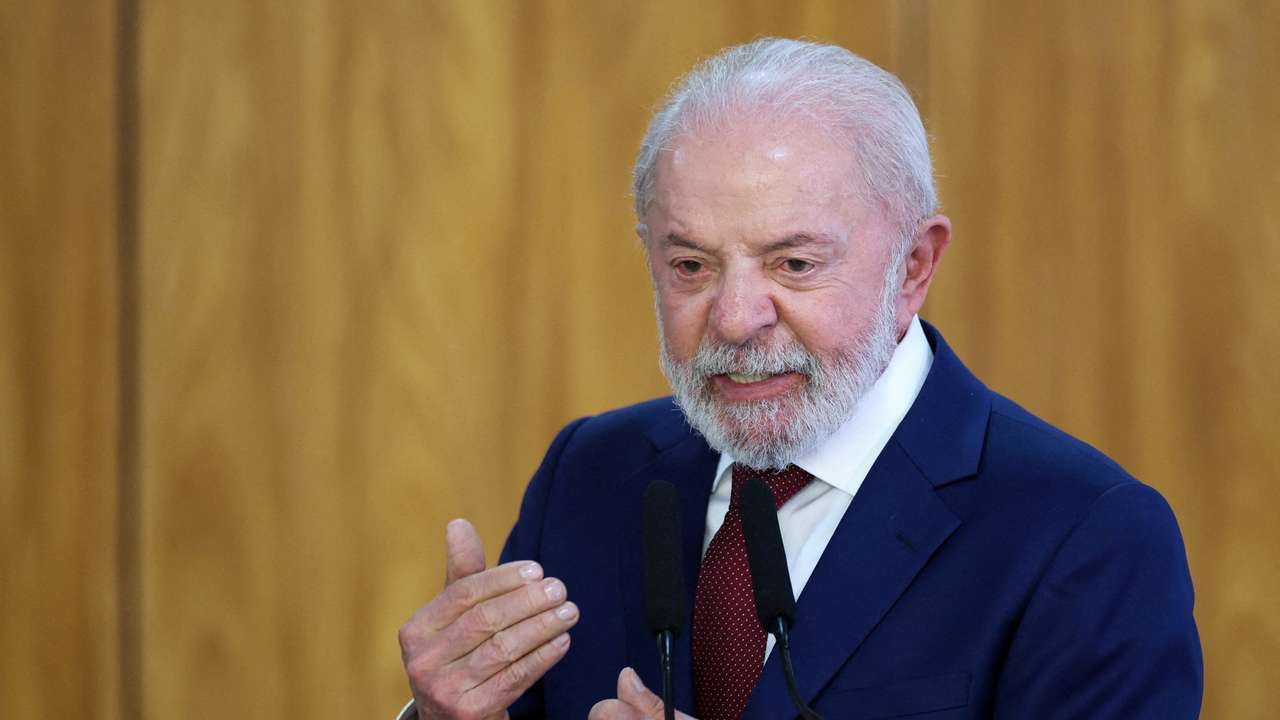Brazil Roundup: U.S. suspend imports from Brazil, IEA membership, antidumping duties

Magnitsky act
The United States has sent formal inquiries to five major banks operating in Brazil as part of a review of whether the Magnitsky Act could be applied against a sitting Supreme Court justice. The move follows a complaint filed by lawmaker Eduardo Bolsonaro, who petitioned U.S. Treasury Secretary Janet Yellen to consider sanctions. While the U.S. has not confirmed any action, the request signals growing political tension, as the Magnitsky Act allows Washington to freeze assets and restrict financial access of individuals accused of corruption or human rights abuses. Brazilian officials have not yet commented publicly, but the banking sector is on alert over potential fallout.
U.S. suspend imports from Brazil
The National Cattlemen’s Beef Association (NCBA) is intensifying pressure on Washington to halt beef imports from Brazil, arguing that tariffs and fees are insufficient to level the playing field. The NCBA contends that Brazilian producers benefit from practices that constitute unfair competition, including weaker sanitary standards and government-backed advantages. The group warns that Brazil’s ability to absorb new fees means U.S. ranchers will continue to face disadvantages. This lobbying push comes amid broader debates about food security, trade fairness, and agricultural sustainability, placing Brazil’s large beef industry at the center of a growing trade dispute.
Antidumping duties
The Brazilian government has introduced antidumping duties on imports of coated steel sheets from China, specifically targeting products less than 0.5 millimeters thick. Officials said that investigations confirmed evidence of dumping, where Chinese exporters sold products below market value in a way that hurt Brazilian producers. The decision is part of Brazil’s broader strategy to protect its industrial base and respond to trade imbalances with China, which is both its largest trading partner and a major competitor. The duties are expected to provide relief to domestic steelmakers, though they could also raise costs for downstream manufacturers that rely on imported materials.
IEA membership
Brazil has formally submitted an application to join the International Energy Agency (IEA) as a full member, marking a significant step in its bid to play a more active role in global energy governance. The country has been a long-time partner of the IEA, but officials now argue that full membership will strengthen its ability to influence discussions on energy security, renewable transitions, and climate policies. Brazil’s application comes at a time when the world’s largest emerging economies are seeking stronger voices in international institutions, reflecting both its rising role as a major biofuel producer and its ambitions in clean energy development.
Tourism working group
In a move to expand bilateral cooperation, Azerbaijan and Brazil have launched a joint tourism working group aimed at boosting cultural and travel ties. Officials described the initiative as opening a “new era” in relations, with potential for expanding exchanges in tourism, education, and cultural heritage. For Brazil, the partnership represents part of its wider outreach strategy beyond traditional partners in the Americas and Europe, while Azerbaijan sees it as an opportunity to diversify its international partnerships. The group is expected to create new frameworks for investment and marketing to increase visitor flows between the two countries.
This story is written and edited by the Global South World team, you can contact us here.